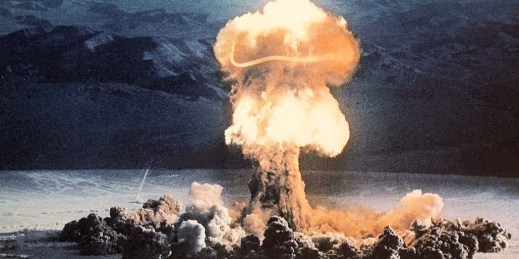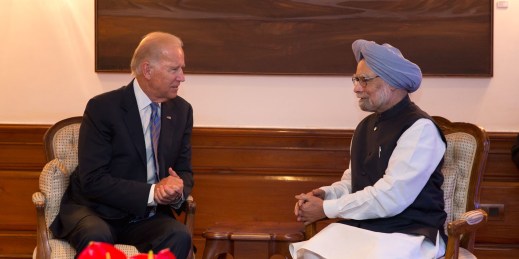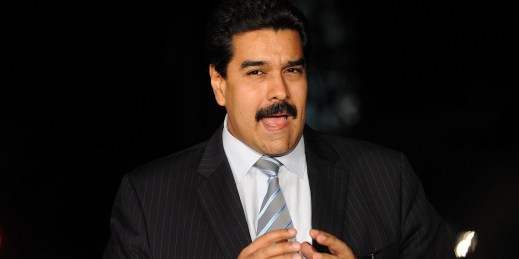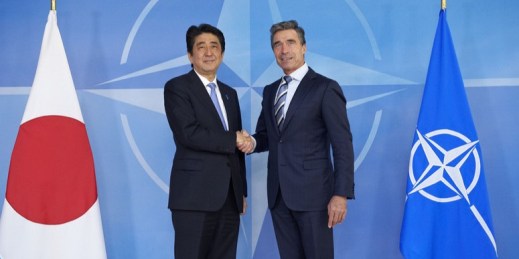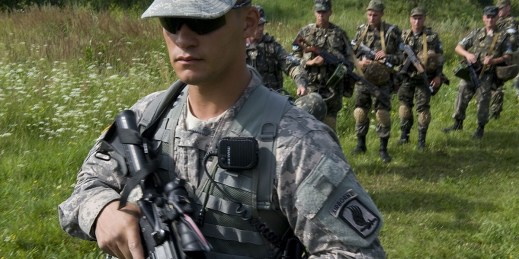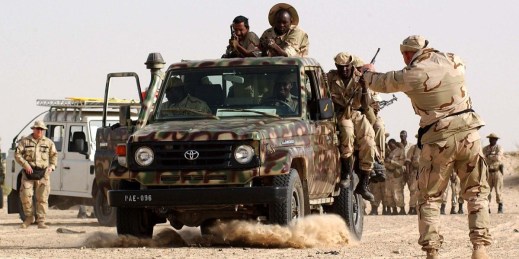
France’s announcement that it will reorganize its deployment of thousands of troops across the Sahel region of Africa came as a blow to early hopes that security could be swiftly restored in northern Mali after last year’s Operation Serval. French Defense Minister Jean-Yves le Drian said on May 8 that despite assurances in 2013 that his country’s military intervention in Mali would be over in a matter of months, 1,000 French troops will now remain in the country, down from what are thought to be about 1,600 French troops at present. A further 3,000 will be based in three other […]




